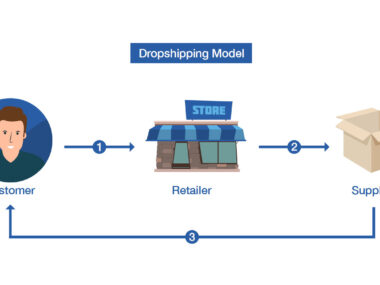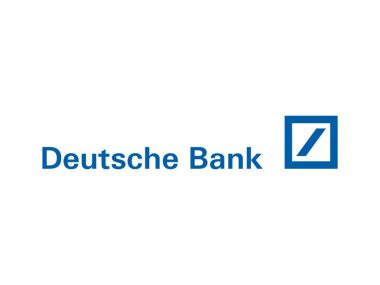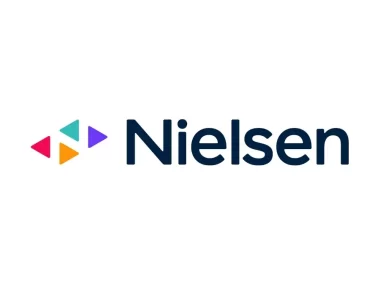|
Neubauer Coporation
Getting your Trinity Audio player ready...
|
Criminals use false identities and fabricated pretexts to try to steal sensitive information or money. Many so-called phishing messages are sometimes caught by spam filters, but occasionally still make it into the regular inbox. If you are not vigilant, you run the risk of falling into a deceitful trap. Currently, Sparkasse customers in particular should be on guard.
Phishing: Sparkasse warns customers about fraudsters
There are currently fraudulent emails in circulation that claim to come from the Sparkasse. For example, the subject lines read “New features for your online banking account,” as the bank warns. Behind this supposed announcement of improvements in terms of security and user-friendliness, however, there is a dangerous intention behind it.
The senders of these fraudulent emails attempt to trick recipients into visiting a fake website. Potential victims are asked to provide their online banking access data and other personal information. Now the Sparkasse warns urgently:”Please do not enter any information on the phishing pages. Your data could otherwise be misused by fraudsters, e.g. B. to carry out fraudulent transactions or to call you on behalf of your savings bank.”
For those who have already fallen victim to these fraudulent emails and revealed their data on the phishing pages, the Sparkassen-Finanzgruppe’s computer emergency team recommends urgent action: You should contact your savings bank as quickly as possible. It is advisable to have your online banking access and your savings bank card blocked in order to minimize possible damage.
The Sparkasse fraud email could look something like this. image: sparkasse / siz
Fraud and phishing? These emails are suspicious
To protect sensitive information and their assets, customers should always be skeptical about emails and SMS. This doesn’t just apply to the Sparkasse’s customers. The Federal Office for Information Security gives helpful tips for recognizing phishing emails. This includes
- The email states an urgent need for action, such as: “If you do not update your data immediately, it will be irretrievably lost…”.
- The email contains links or forms.
- The request to enter confidential data such as the PIN for online banking access or a credit card number
- Threats: “Unfortunately, if you don’t do this, we will have to block your account…”
- The email appears to come from a well-known person or organization, but the sender’s request is unusual.
“So if you receive an email that has at least one of the following characteristics, you should be suspicious. Because then it is most likely a phishing email,” the authority writes on its website.



























































